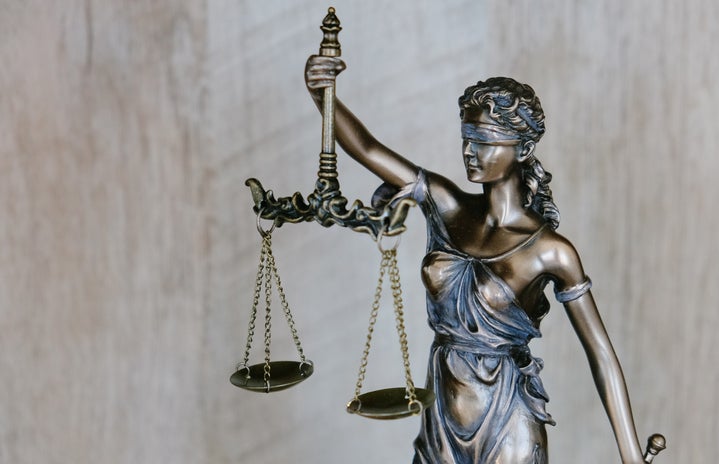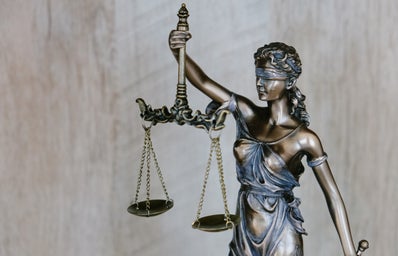Anthony Borges, the most injured survivor of the devastating Marjory Stoneman Douglas High School shooting that occurred in Parkland, Florida, in 2018, is taking back history. Borges, a 15-year-old freshman at the time of the shooting, suffered five gunshot wounds and is credited with saving as many as 20 lives. He has been active in the advocacy for school safety and played a key role in securing victim compensation and defending privacy following the incident.
Outlined as part of the civil settlement agreement, Borges acquired the rights to the name of the gunman, Nikolas Cruz, along with Cruz agreeing to donate his brain and body to research. Cruz giving over the rights to his name means that any media production, such as movies, books, and TV relating to the tragedy and backstory behind it, will now be controlled by Borges. This also includes any press conferences or interviews of Cruz, which must be explicitly approved by Borges. The settlement comes only weeks ahead of the set trial date.
The purpose of acquiring the right to the gunman’s name is to prevent Cruz from freely speaking to the media and monetizing off of the tragedy. Before considering the idea of asking for the rights to Cruz’s name, Borges expressed concerns. He worried that entertainment companies, such as Netflix, might one day take advantage of the true crime genre demand by using Cruz to share his perspective on the incident. He also worried they might release the story without consulting those involved, potentially reopening old wounds and causing further trauma at the expense of victims. Borges’ attorney, Alex Arrezea, commented, “His story will be told by the victims, not by him” when explaining the logic behind the settlement terms.
There are few predecessors to this type of settlement. The “Son of Sam Law” passed in New York in 1970 “prevents criminals from profiting from books or shows about their crimes…,” however, the Supreme Court ruled that this and other similar laws that had been enacted infringed on the First Amendment right, and are no longer in effect. The consensus in the law community is that this settlement is the first of its kind and may change the future of name, image, and likeness law.
This settlement comes timely surrounding the discussion of true crime and its place in entertainment, especially given the recent attention to the Menendez brothers case, courtesy of the Monsters series. Should real victims and families face the pain of reopened wounds that result from bypassed media produced as a means of profit chasing?
Although media based on real life sheds light onto the unknown details of such gruesome cases to a largely unfamiliar audience, have we crossed the line on media ethics? Who’s holding producers accountable for ensuring accurate portrayals and consulting victims and families before production and release? How can we ease the inevitable coverage and publicity the media draws? All of these questions are worth considering prior to consuming media that showcases real stories with real victims spun into binge-worthy entertainment.
Want to see more HCFSU? Be sure to like us on Facebook and follow us on Instagram, Twitter, TikTok, and Pinterest!


